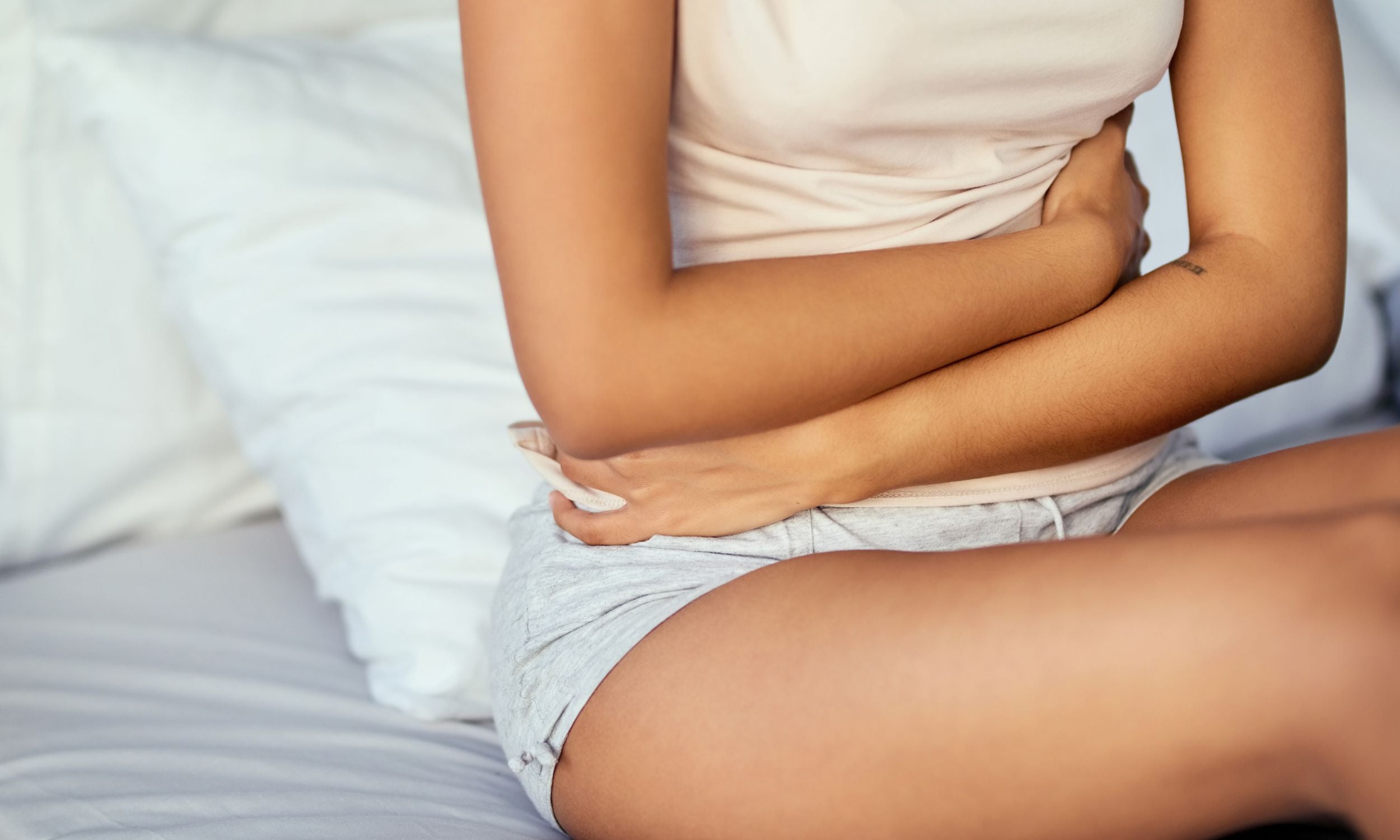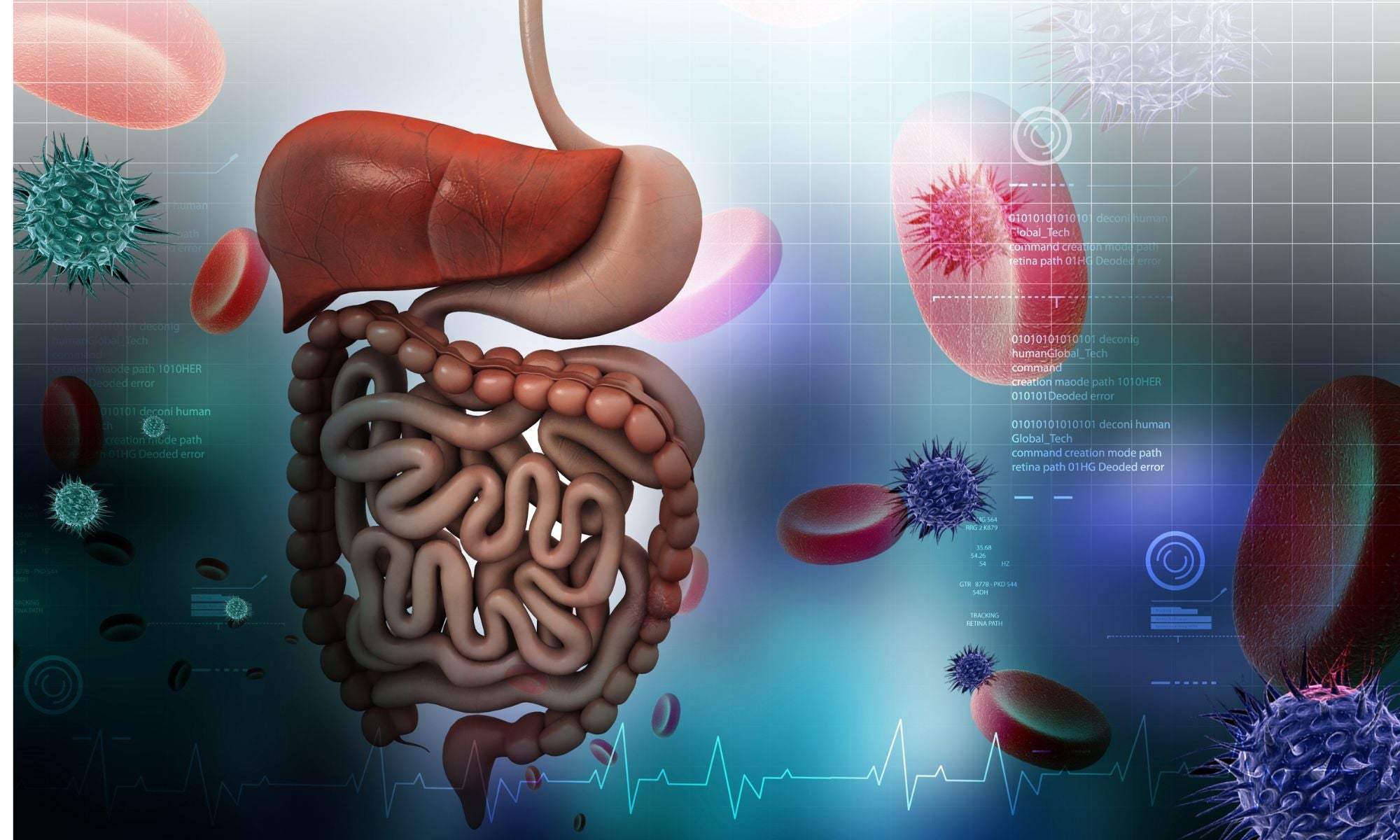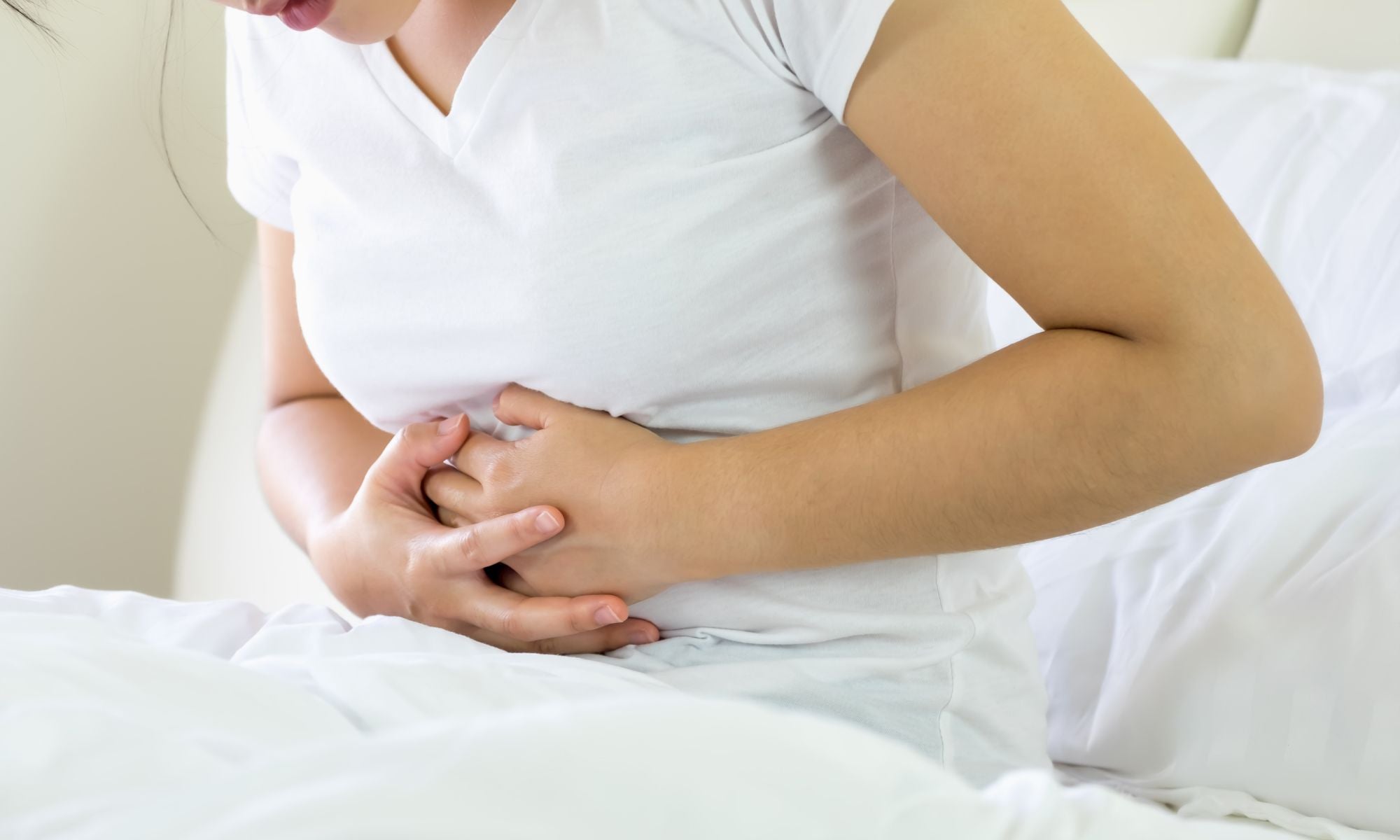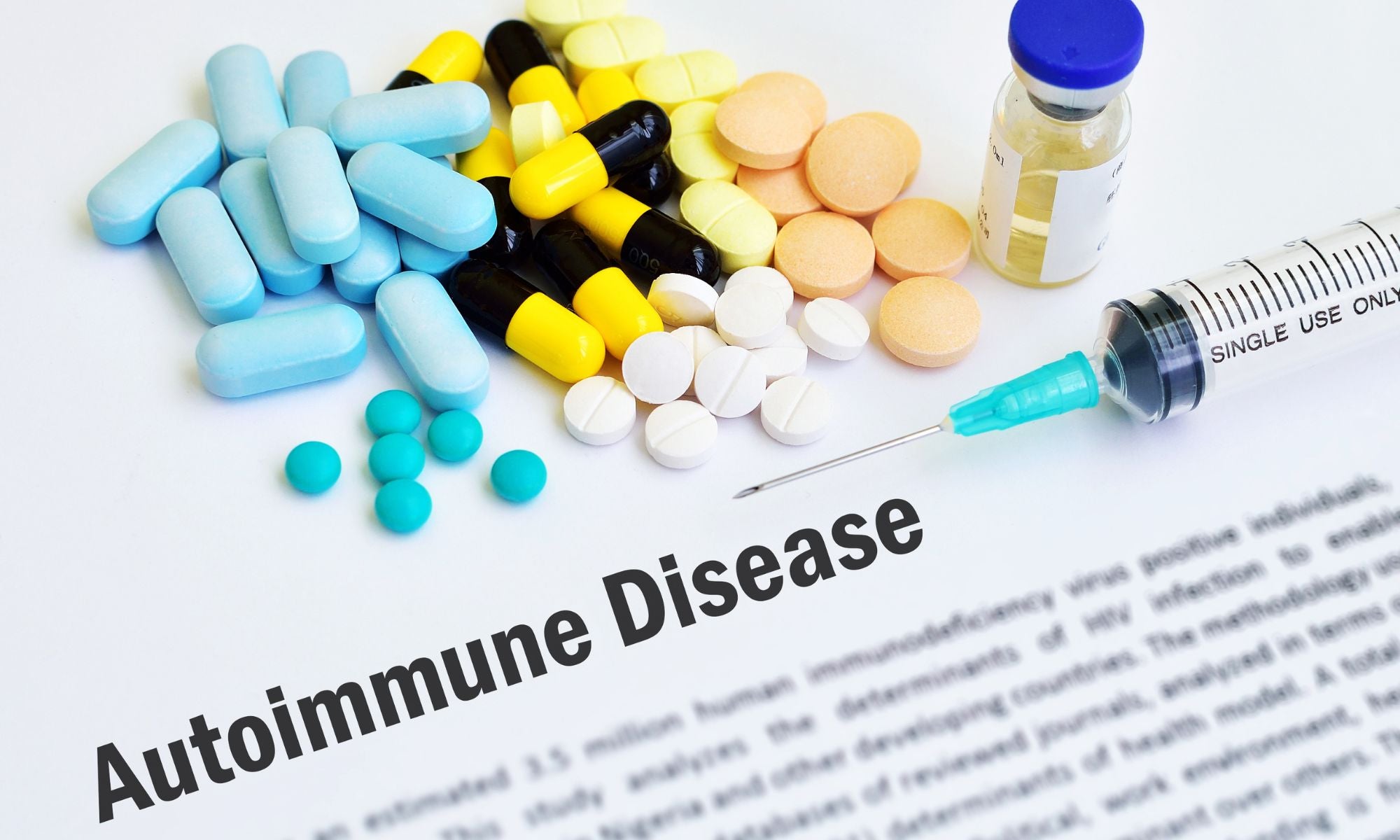
MUCOID PLAQUE IN THE COLON: FACT OR MYTH?
There are a few natural and medical health experts who support the idea that mucoid plaque may build up in the large intestine and prevent the proper elimination of toxins.
What exactly is mucoid plaque?
Some experts believe that over time, mucus can possibly build up in the colon. The colon is also known as the large intestine and it is a very important part of the digestive system. It functions as a “cleanup tool” as it helps with the proper elimination of waste.
The idea behind mucoid plaque is how this thick-mucus like substance can stick to the intestinal walls and stay there. When this happens, your colon will be blocked and it will be harder for your body to eliminate toxins and waste.
Is it a myth or a fact?

Most medical doctors today do not support the idea of a mucoid plaque buildup. In fact, there is not enough proof that it exists or it affects the colon.
The intestines are known to produce mucus, but only for the purpose of lubrication. This mucus is essential for a healthy function of the intestines, and it doesn’t transform into a thick and sticky plaque over time.
Interestingly, our intestinal lining is a great environment for beneficial bacteria, but this group of bacteria isn’t a mucoid plaque, as believed by people who support its existence. As a matter of fact, the gut microbiome is crucial to a healthy digestive system and immune system.
If it's true, how can it be removed?
Mucoid plaque treatments have been gaining popularity for quite some time, but are they really needed? How do they work?
There aren’t enough studies conducted on the existence or treatment of mucoid plaque. However, holistic providers and practitioners who advocate colon cleansing recommend treatment. If you choose to undergo treatment, see to it that you look for licensed holistic providers which will ensure that high-quality care is provided.
One method that has been gaining popularity for mucoid plaque treatment is an enema. This method involves placing a tube directly in the rectum, while a liquid solution is inserted into the colon.
Yet, there is not enough evidence that recommends this method for treating mucoid plaque. Enemas are greatly recommended for constipation, and for preparation for a medical procedure such as colonoscopy, but not for treating mucoid plaque.

Another method that people choose is a juice cleanse, such as the Master Cleanse (also known as the Lemonade Diet) for the cleansing of the colon. However, there is also no scientific proof that recommends this method to treat mucoid plaque.
Those who support colon cleanses strongly that as long as you perform it with the right provider, they are completely safe. Nevertheless, they are still risky and may result in dehydration. You are also placed in much greater risk for various infections. Side effects may also be experienced, including headaches, bloating, nausea, and diarrhea.
Before trying any kind of treatment, talk to your doctor first to see what type of treatment works best for you.
Tips for a healthy colon
The good news is that your lifestyle choices may help in maintaining a healthy colon.
1. An active lifestyle

Staying active has always been associated with a healthy body. However, an active lifestyle also plays a huge role in promoting colon health.
Results from a recent analysis discovered that individuals who stay active were 24% less likely to develop cancer in the colon, unlike those who are least active.
A different analysis discovered evidence that individuals who stay active have a lower risk of developing colon adenomas--polyps that grow in the colon. In some cases, they may be cancerous. But usually, they are benign.
2. A healthy diet

Maintaining a diet rich in fruits and vegetables and low in red and processed meat is linked to a healthy colon.
Here are more tips:
- Limit processed meat: Do you love hotdogs and bacon? Consuming at least 50 grams of processed meat daily are 18% more likely to develop colorectal cancer.
- Limit sugar: A high-sugar diet is linked to a greater risk of colon disorders, such as Crohn’s disease.
- Choose whole grains: Fiber is essential to a healthy colon. Filling your diet with fiber-rich foods has been linked to a lowered risk of colorectal cancer. In addition, dietary fiber helps with regular bowel movements, helping you avoid constipation.
Rather than going for white bread and white rice, switch to barley, quinoa, and brown rice as your options.
3. Get Yourself Screened

In order to know what’s the condition of your colon, it is important to pay your doctor a visit.
The Colon Cancer Foundation suggests that starting at 45 to 50 years old, everyone must get themselves screened for colon issues.
Summary
A healthy colon is necessary for the digestive system to work efficiently. If a single part of your digestive system is not functioning well, it may interfere with the whole process of breaking down food and eliminating waste.
If you want to achieve a healthy colon, an active lifestyle and a healthy diet must not be taken for granted. Visiting your doctor regularly is also helpful.












